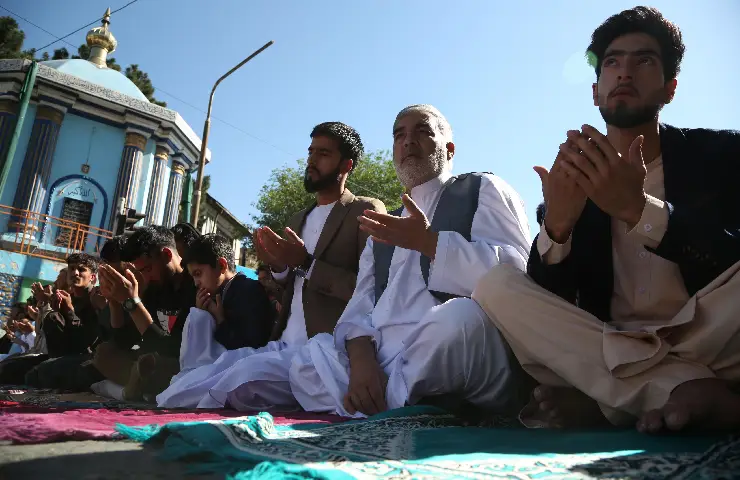Pakistan is keeping its word. It has begun to push back vulnerable Afghan refugees back into the hands of the Taliban.
Al Jazeera reported that nearly 250 Shia Hazara refugees have been sent back to Afghanistan from Pakistan's eastern border of Balochistan. At the peak of the Afghan crisis, Pakistan had made it clear to the world that it would not accept any more refugees from its western neighbour.
Pakistan has been emphasising upon the global community that it has nearly 4 million Afghan refugees. Even though it had closed its borders, Afghans–desperate and scared of the Taliban militants–came pouring into Pakistan.
Moeed Yusuf, Pakistan's National Security Adviser reiterated last week: "Pakistan is in no condition right now to accept any more refugees”.
Liaquat Shahwani, a spokesman for the provincial government in Balochistan, told Al Jazeera: “We have returned them because the Pakistan government has not at this time made any camps to facilitate Afghan refugees. Our decision is that we will not allow them right now”.
However, the choice of pushing back the minority Hazaras flies in the face of humanity. The Taliban have targeted the Hazaras–a community of Shia Muslims–through massacres and bombings.
The most recent attack on the community was the May bombing of the Syed Al-Shahda school–a girls school in Kabul–which killed students as young as 11 years. Nearly 100 people–almost all of them Hazara and mostly girl students–were killed in the series of bomb explosions at the school.
After the ascent of the Taliban to the seat of governance in August, one of their initial acts was to blow up the statue of Hazara leader Abdul ali Mazari in Bamiyan. Mazari was a popular Hazara leader who had been executed by the Taliban in its previous reign.
That fear still lingers on in the community and that is why the minority Hazaras are fleeing their country now.
The Hazaras find themselves vulnerable as they are targeted by both terror groups–Taliban and the Islamic State. They have also been attacked by other Sunni extremist groups. These terror groups do not consider the Hazara community as Muslims and hence their persecution.
Of Afghanistan's nearly four crore population, the Hazara community is around 11 per cent, making it the third largest community after the Pashtuns and Tajiks.
The Hazaras face persecution in Pakistan as well.
This January, Hazara coal miners were kidnapped and killed by unidentified gunmen in Pakistan, leading to major protests by the community against the Imran Khan government.
For the Hazaras, both Afghanistan and Pakistan remain unsafe due to Sunni majoritarianism. With the Taliban at the helm of affairs in Kabul, things just got worse for the persecuted minority community.
Latest suicide bombing in Balochistan kills three Pakistani defence personnel
















